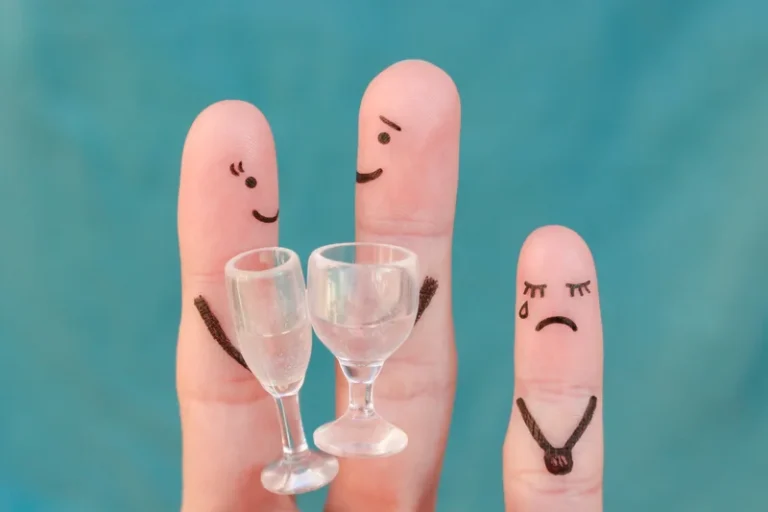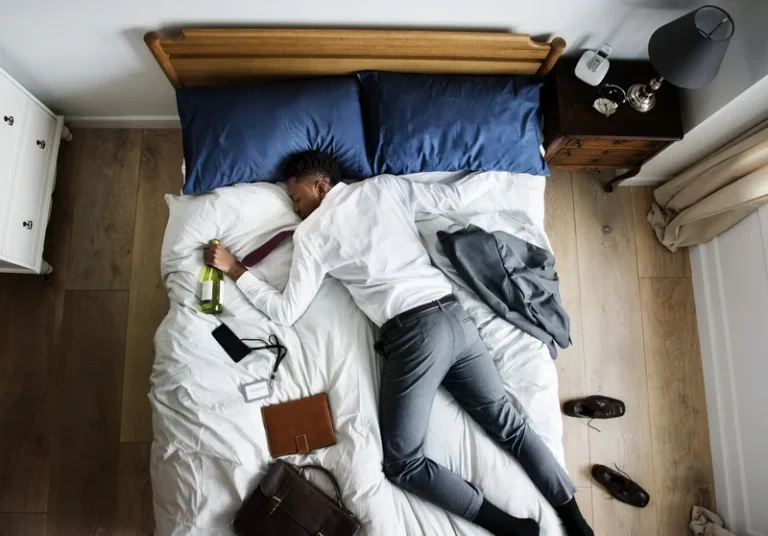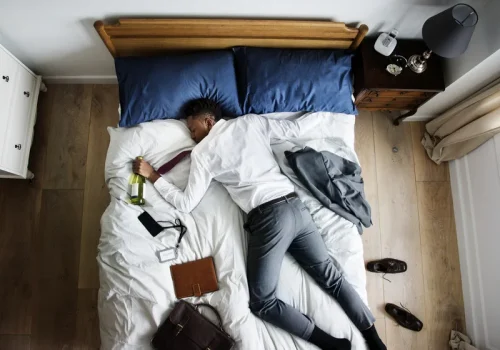
Age can play a role in the duration of a hangover, as the liver can slow as a person ages. More-serious symptoms from heavy drinking may be a sign of alcohol poisoning — a life-threatening emergency. Alcohol poisoning is a serious and sometimes deadly result of drinking large amounts of alcohol in a short period of time. Drinking too much too quickly can affect breathing, heart rate, body temperature and gag reflex. Hangovers after a single night’s drinking go away on their own. Talk with your healthcare professional if you’re concerned that frequent heavy drinking may lead to serious problems, such as alcohol withdrawal.
How long do hangovers last? Plus, why yours could be getting worse with age according to an NHS GP

Mezcal, on the other hand, has a reputation for not causing hangovers at all. I have a feeling that I don’t actually believe that, but honestly I can’t remember, so take from it what you will. The exception to this, apparently, is red wine, no matter how fancy it is. Most of my friends here have told me that it’s a surefire way to wind up with a hangover the next day. Instead, we try to game the system of our body’s https://ecosoberhouse.com/ response.
Have bouillon soup to restore your vitamins and minerals.

At the same time, the consumption of beer and booze slows the release of an antidiuretic hormone (ADH) called vasopressin. This ADH works with your kidneys to keep your body’s hydration levels balanced. If you’re hungover, you might also take OTC pain relievers like aspirin and ibuprofen. While these medications can be helpful for headaches and muscle pains, they may also irritate your stomach lining, causing nausea.

Take an over-the-counter painkiller.
Here are 16 ways to feel better when you’ve got a nasty hangover. As we get older, our body’s ability to process toxins slows down. As a result, you might be down for the count on less alcohol (and for longer) than before. The more dehydrated you are, the worse you’ll feel, and longer.
- However, in some cases, prescription antiemetics might be helpful.
- The caffeine-packed boost offered by coffee is legendary — but it’s not going to undo a night of knocking back beer or booze.
- I was into wine for a while too when living in Querétaro, where nearby Tequisquiapan was an up-and-coming producer.
Getting food in your belly the morning after a night of imbibing can give blood sugar levels a needed boost, says Dr. Waters. But filling your already stressed stomach with greasy, heavy food isn’t the best option. Some people take over-the-counter pain relievers (often acetaminophen) before going to bed to minimize hangovers. It is important to recognize that the combination of alcohol and acetaminophen can be toxic to the liver. Like alcohol, certain over-the-counter pain relievers, including aspirin and ibuprofen, can increase acid release and irritate the lining of the stomach. Proceed with caution when using these medications before or after consuming alcohol.
Drink fruit juice.

Many remedies are available that claim to cure a hangover, but there is no scientific evidence any of them work. The body needs time to rehydrate, to clear the toxic byproducts of alcohol metabolism, to restore irritated tissue, and to return the immune system and brain activity to normal. That may explain the dizziness and shaking some people get with a hangover. Have a when do hangovers go away couple of slices of wheat toast or a few whole-grain crackers to bring those blood sugar levels back up to normal. This root has been a feature of Chinese medicine for thousands of years.
- Hangover symptoms don’t need to be caused directly by alcohol.
- A hangover is unpleasant, but symptoms tend to go away within a day or so.
- While these medications can be helpful for headaches and muscle pains, they may also irritate your stomach lining, causing nausea.
- “The liver needs to first break down alcohol into acetaldehyde, which is toxic,” says Anne Boris, RD, LDN, of Northwestern Medicine Huntley Hospital.
- It is life threatening and requires immediate medical intervention.
- Certain medications and home remedies might help you feel better.
- If you drink enough alcohol to vomit, then that’s even more fluid lost.
- For a BAC of 0.08, it will take between two hours and 40 minutes and eight hours to sober up.
Research shows that hangovers generally last for about 14 to 23 hours, with some extending up to about the 72-hour mark. But on average, a hangover should end about 12 hours after stopping drinking. “Hangovers are somewhat poorly understood from a medical standpoint,” says Fred Goggans, MD, the medical director of McLean Hospital’s McLean Borden Cottage in Camden, Maine. For the most part, the symptoms are considered a form of short-term withdrawal and tend to be time-limited. One strategy Alcoholics Anonymous that some find beneficial is to alternate between an alcoholic beverage and water.

